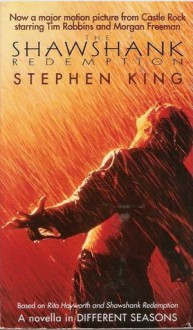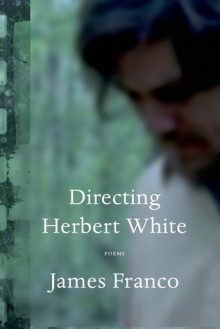When I received the incredible opportunity to meet Stephen King, I pondered for days beforehand about what to tell him, what I wanted to share with this man who had shared so much with me through his words.
And then I knew.
But If I were to get the words out in the moment, it had to be a just-us.
My husband went first. Then I stepped forward and King's eyes smiled into mine and held them. I leaned forward, the distance balanced between no one can overhear/this is special and I'm a crazy stalker who is going to bite off your nose. His eyes told me he understood. And then I told him.
I told him that "The Body", the novella that became Stand by Me, helped me, with every reread, with my delayed and complicated grief from my little brother's death. In the obvious ways at first, but, finally, as I aged--
through Chris, as he cried about wanting to go somewhere where no one knew him and start over (unable to shoulder my identity as the Older Bereaved Sister, wanting to drop it)
and as Chris, in the quoted scene below, tells Gordie that he is stuck in his grief, stuck thinking the wrong brother died, stuck in his anger, and that he has some writing to do.
King had looked down while I was explaining, to carefully sign my first edition of The Shining. When I got to that last specific bit, he finished, dropped the pen, and met my eyes again. His eyes were damp.
"I am so very glad," he said, "and so, so very grateful you were able to tell me."
We looked silently at each other for another moment. He slid me my book, and said, "What was his name?"
"Eric."
He nodded as a man does when he mentally puts something in his pocket. "Eric."
--
The movie came out when I was in high school, still in the middle of it, still trying to figure out the answer to the question about how many siblings I had. The truth--one but he died? Way to bum everyone out, Morticia. None? Betrayal. Just being tasked with that (tasking myself with it) ramped up the grief-anger. Perfect timing. This movie owns a piece of my heart, and I don't want it back.
Gordie: Fuck writing, I don't want to be a writer. It's stupid. It's a stupid waste of time.
Chris: That's your dad talking.
Gordie: Bullshit.
Chris: Bull true. I know how your dad feels about you. He doesn't give a shit about you. Denny was the one he cared about and don't try to tell me different. You're just a kid, Gordie.
Gordie: Oh, gee! Thanks, Dad.
Chris: Wish the hell I was your dad. You wouldn't be goin' around talkin' about takin' these stupid shop courses if I was. It's like God gave you something, man, all those stories you can make up. And He said, "This is what we got for ya, kid. Try not to lose it." Kids lose everything unless there's someone there to look out for them. And if your parents are too fucked up to do it, then maybe I should.
--
Thank you, sweet, loving Naomi King, for sharing so much of your father with the rest of us weird motley fools and discontents. Please accept this story as a token of gratitude from one Constant Reader, who is a better and healthier person for it.
Impetus: http://wilwheaton.net/2011/03/though-i-hadnt-seen-him-in-over-twenty-years-i-knew-id-miss-him-forever/

 Log in with Facebook
Log in with Facebook 











